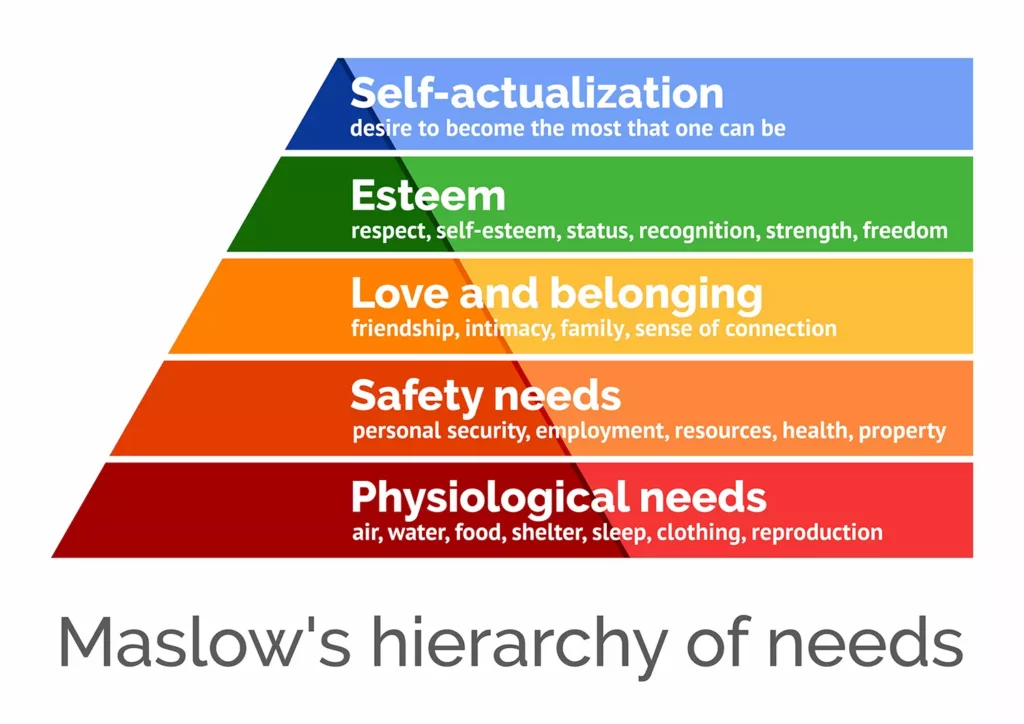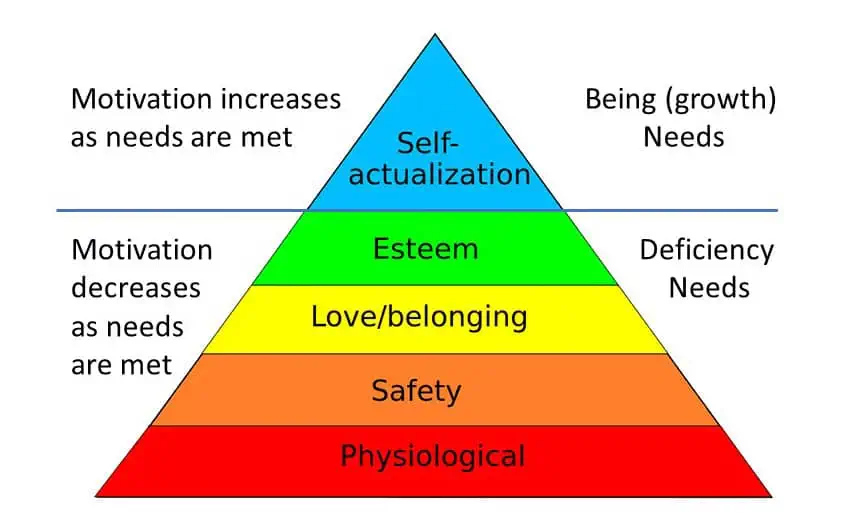When talking about Gen Zers, work ethic is something that comes up again and again. The popular opinion from older generations is that members of Gen Z have a poor ethic or, at least, poorer than theirs.
But is this true? How can Gen Z improve their work ethic?
What is work ethic?
Work ethic is a slippery concept to define. A lot of the research that has been done focuses on individual pieces of the puzzle without looking at it as a whole. A couple of factors that influence work ethic include:
- General satisfaction
- Job involvement
- Peer satisfaction
- Skill variety
- Initiating structure
- Higher order needs
- Job security
- Working conditions
- Advancement opportunities
- Commitment
- Recognition
To put it in the simplest possible terms, work ethic is about a positive attitude towards work. These different factors all contribute to this positive attitude, and the results are typically greater productivity, quality of work, and commitment to a company or organisation.

You do have some control over your own work ethic, but it is all about how you perceive these different factors. Take recognition for example. For some people, a smile from their boss when they contribute a good idea in a meeting might be enough, but for others it won’t. Your work ethic is under your control to a degree, but there is a threshold for everyone. In an environment where these factors are hard to find, you are going to find fewer people who find that enough.
Do Gen Z have a bad work ethic?
For different people, these different factors have different degrees of importance. If you’re living paycheck to paycheck with a young family, job security is likely to be more important to you than skill variety. If you don’t have many friends outside of work, having satisfying relationships with your peers may be more important than career advancement.
The thing with Gen Z and work ethic is that they have different priorities. There are different things that they look for in a job, and they have a different definitions of what a good job is.
My experiences with work ethic.
I can’t talk for every member of Gen Z, but I can talk for myself. I am at the older end of Gen Z and have certainly felt like my work ethic is different to some of my older colleagues. At my first job, I found the work challenging. I was thrown into a different situation every weekend that I worked, and would need to problem-solve on the fly. While I was casual, I was working almost every weekend that I wanted to and was building skills that were applicable to my future career. I ended up being recognised as the expert in my particular role and was training other staff. I had no problem having a positive attitude towards my work.
At my second job, I was very understimulated. My skills weren’t being used to their full potential, and I was getting only a few short shifts every week. I had to squeeze it in around my study and I had to make more sacrifices to make the time than in my previous job. Even though this job was objectively easier, I struggled and honestly, didn’t perform very well.
What my criteria are for a ‘good job’ are likely very different to most people who are older than me expect. I need to find fulfilment and challenge in my job, more than a good pay packet. And the thing is, I’m not alone.
Many other members of my generation feel the same. Honestly, many people from other generations also feel the same. If you believe that money is enough for most people to feel satisfied in their jobs, you’re wrong.
It comes down to something that teachers are very familiar with: Maslow’s Hierachy of Needs.
What people need in a workplace.

At the most basic level, people need money because money brings food and shelter. This is the bare minimum, but no one would be working in a job that didn’t provide this unless these needs were being met in another way.
Safety in the workplace comes down to relationships and job security. A person’s safety needs are not going to be met if there are controlling managers and bullying or if they don’t have any job security.
Love and belonging will come with a good work culture. Many people stay or leave their workplace because of culture. Esteem is linked to skills and recognition, and self-actualisation is purpose.
You can have a good work ethic regardless of which of these levels you are working at, but it is far easier for anyone to find this strong work ethic if they can rise to the top of the hierarchy. The thing with Gen Z is that the older generations are spending more time in the workforce, meaning that there are fewer positions available that fulfill those higher needs. Many young people would rather take the risk and work for themselves if it gives them a chance at fulfilling more of their needs.

Can you teach someone to have a good work ethic?
This greatly depends on the person and how willing they are to change their mindset. Some people are incredibly resistant to this, and teenagers in high school or the early years of college can be some of the worst culprits.
The key to developing a good work ethic is being willing to do a bit of reflection and self-discovery. You need to think about what you truly want out of a job and life, and find the motivation to work hard. Whether the motivation is basic needs or self-actualisation, you need to recognise what your needs truly are.
Teachers and other people in a young person’s life can help with this. They can help young people build skills, find passions, and see purpose in a range of professions. Many teachers focus solely on discipline and routine which are great strategies for getting work done, but they are different to work ethic. You can have a great work ethic but struggle with organisation; it doesn’t mean that you’re any less motivated to do well and produce high-quality work.
Skill development often gets confused with work ethic and is taught in schools and colleges as the answer to poor work ethic in their students. You can have all the organisational skills that you want, but you’re still going to produce sub-standard work or think about leaving if your heart’s not in it or you don’t see the purpose of what you’re doing.
How do you develop a good work ethic?
The steps to developing your work ethic are simple in theory:
- Define what success means to you.
- Develop a road map for how to reach your own success.
Define success for you.
The first step in building your own work ethic is to realise what success is for you. Is it getting good grades? Is it building a range of skills that you can utilise in the future? Is it making friends and networking, or is it being able to get 8 hours of sleep every night? Whatever your priorities are, you need to make sure that you are aware of what they truly are and keep track of them.
You need to be honest about this as well. If your current priority in your life is skateboarding, its going to be very difficult to find motivation to do anything else. You will probably be able to spend hours down at the skatepark perfecting a new trick, though. It doesn’t mean that you have a poor work ethic, it is in fact very strong in the context of skateboarding.
If you want to shift your focus to your day-job, you need to shift your priorities. What is skateboarding doing for you that your job isn’t? It could be as simple as earning enough money to buy new gear, to building your skills to start your own skate brand or store, to being able to rise the corporate ladder quickly so that you can retire at 30 and spend the rest of your life skating.
Develop a roadmap.
These broader goals and priorities may be important to you, but it can be difficult to maintain focus when the skatepark is calling to you. Setting yourself small goals and challenges can really help with this process.
Maybe you want to build a new board. You want to save up to buy the best parts, and design the graphic on the board yourself. Maybe you want to travel to this awesome skate location in another state, so you need to work overtime to get enough time off.
Maybe you’re going to find a mentor at your current job who will teach you how to run a business. The smaller goals will change depending on your context and your needs at that point in time. If you can find a way to use something that fullfils your basic needs (money for food and shelter) as well as your higher order needs (skill acquisition and a higher purpose), then you’ll have a much easier time finding your work ethic.
Be aware that work ethic is not fixed.
Your work ethic will change over time. There will be periods of time in your life where you will have no problem finding motivation to work hard and produce your best work, but there will also be times where work is a real slog.
Be aware of this to prevent falling into a heap as soon as things get difficult. You need to be able to keep your job through those troughs in motivation until you find it again! The cause of these fluctuations can come from outside of work as well, so managers need to be aware that this is a natural part of people’s lives.
Burn out is a real problem in the workplace today. Gen Z are feeling disillusioned with the job market and general state of the world, which makes it difficult to find motivation and purpose in many things. Rising house prices and global warming are leaving many young people without hope, which means that it is increasingly difficult to bear a job that feels like it doesn’t really matter in the end. Being able to ride these lows and find the highs is how anyone can be successful in the workplace today.
How easy do you find it to maintain a good work ethic? Has your work ethic changed over time? How do you think work ethic is different for young people today? Leave a comment below!





